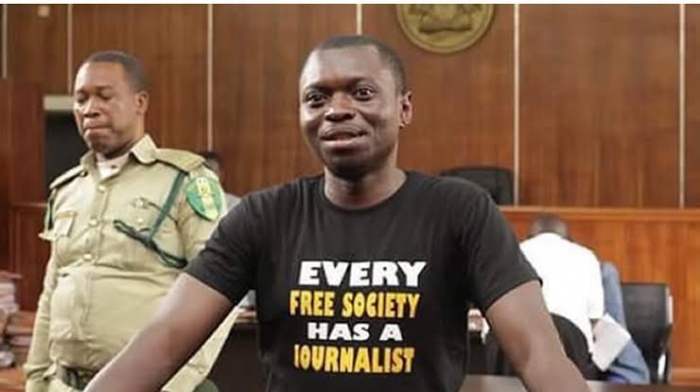Before the advent of satellite television, our viewing options were limited to just one or, at most, two TV stations: NTA and state broadcasting corporations. The diverse choices we enjoy today were nonexistent. In fact, state-owned media outlets typically commenced broadcasting around noon and signed off by midnight.
The radio landscape was similar, dominated by the Federal Radio Corporation of Nigeria (FRCN), Voice of Nigeria, and various state-owned radio stations. The print media mirrored this situation, with the government-controlled Daily Times Newspaper and state-owned publications holding sway.
Clearly, the entire machinery of information dissemination rested firmly in the hands of the state. Information flowed almost exclusively from the supply side, with feedback from the demand side tightly controlled. Only content the state wished to be published or aired saw the light of day.
The emergence of privately owned media organizations in the 1990s disrupted this governmental stronghold on information. It allowed for the airing of opinions that the government preferred to suppress. However, there were persistent attempts to stifle alternative information through military decrees, the Nigerian Broadcasting Code, and various other legal and coercive instruments.
Over time, many of these private media outlets built their reputation and audience. Numerous ones were established by politicians, individuals who later entered politics, or those seeking to use their platforms to advance the political interests of their allies. Consequently, even this burgeoning private media space became susceptible to being co-opted by the highest bidders, both from government and corporate spheres.
At this juncture, both the government and the owners of private media became powerful forces shaping the news and entertainment consumed by the general populace. Those in positions of power and influence over public opinion are rarely inclined to relinquish that privilege. Any perceived threat to their control is viewed as serious and promptly suppressed.
The arrival of social media shattered these boundaries and democratized information dissemination. Every individual with a smart device effectively became a TV and radio station. Today, some individuals command larger followings and listenership than many established TV and radio stations. They wield greater influence than numerous mainstream media outlets and can sway public opinion more effectively than even elected officials, without needing to engage traditional media.
This development is causing significant concern for leaders and rulers at all levels. They struggle to comprehend the erosion of their power into the hands of individuals capable of influencing millions of devoted followers. This is the underlying reason for the creation of the cybercrime act, adding to the existing arsenal of instruments used to restrict citizens' freedom of expression.
Our leaders, across all levels, are unwilling to share their control over us. They desire a monopoly on this privilege. Anything that appears to challenge their dominance is perceived as a threat that must be eliminated. This explains their desire to stifle social media. It has empowered citizens with a voice and the means to organize, rendering NTA and state-owned media corporations largely irrelevant and unappealing.
They are displeased and frustrated. They observe citizens now paying more attention to certain individuals than to them. We now possess the ability to fact-check their statements and publish information outside their control. We can now engage in direct debate and voice our criticisms. We can now report their actions, both discreetly and publicly – actions that were unthinkable when they exclusively controlled mass media. Their opposition to social media is not driven by concerns about misuse (our leaders have consistently shown little interest in rectifying wrongs), but rather by the fact that citizens are using it to challenge and diminish their control over our lives.
Do not allow them to silence us. The Cybercrime Act must be repealed!
